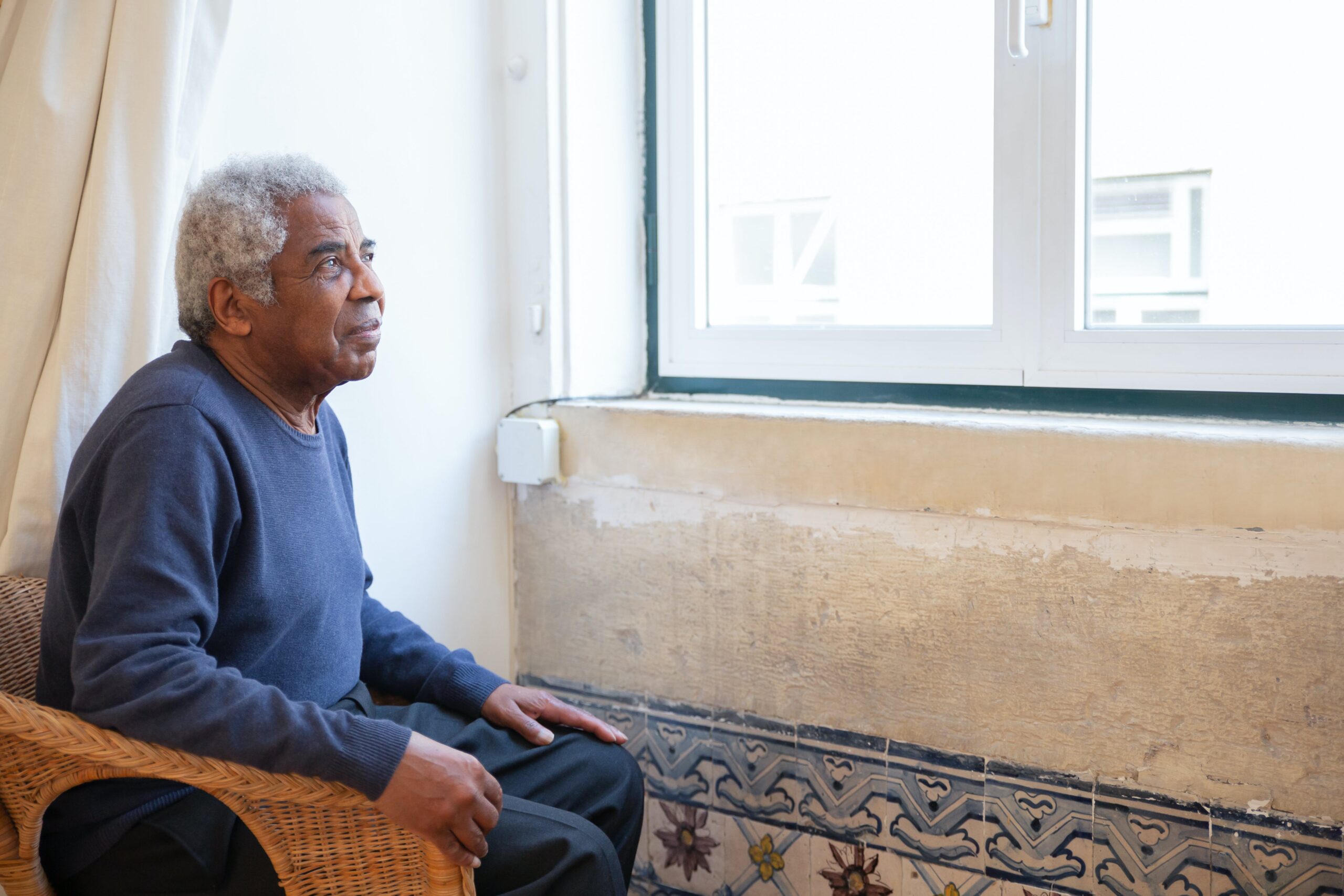Signs of Nursing Home Abuse

The vulnerable nature of elderly individuals, combined with the enclosed environment of nursing homes, can sometimes create a breeding ground for abuse.
Warning Signs of Physical Abuse in Nursing Homes
- Unexplained Injuries: If your loved one has bruises, cuts, burns, or fractures that staff can’t explain, or the explanations don’t make sense, it’s a significant red flag.
- Unplanned Hospitalizations: When a nursing home resident is hospitalized, some worsening in condition has occurred. While the deterioration or injury may not have occurred due to nursing home neglect, oftentimes it has.
- Frequent Injuries: Accidents can happen, but if you notice that your loved one has frequent injuries, it may not be coincidental.
- Signs of Restraint: Look for marks on your loved one’s wrists or ankles, which might indicate they’ve been improperly or unnecessarily restrained.
- Behavioral Changes: A sudden change in behavior, such as becoming withdrawn, fearful, or anxious, especially around certain staff members, can be a sign of abuse.
- Staff Reluctance to Leave the Resident Alone with Visitors: If staff members hesitate or refuse to leave your loved one alone with you during visits, they might be trying to hide or prevent something.
Understanding the Illinois Laws on Nursing Home Abuse
Illinois takes the issue of nursing home and elderly abuse seriously, and laws such as the elderly abuse laws in Illinois are in place to protect seniors. Being familiar with elder abuse Illinois in nursing homes can empower family members to take legal action and ensure justice for their loved ones.
Other Concerns in Nursing Homes
Physical abuse isn’t the only form of maltreatment that can occur in nursing homes. Dehydration in nursing homes is another grave concern, as it can lead to severe health complications if not addressed. Similarly, Chicago nursing home falls have been on the rise, and they often indicate neglect or improper care.
Understanding the Root Causes of Nursing Home Neglect and Abuse
While it’s challenging to comprehend why someone might abuse an elderly resident, understanding the potential root causes can help in the prevention and identification of abuse:
- Understaffing: One of the most common issues in nursing homes is understaffing. Overworked staff may become stressed, frustrated, and more prone to making poor decisions, including lashing out at residents.
- Lack of Training: Properly trained caregivers are essential. Without appropriate training, staff might not know how to handle challenging situations or residents with specific behavioral issues.
- Financial Exploitation: Sometimes, abuse is not just physical. In some cases, staff members might exploit residents financially, leading to acts of physical intimidation or harm to ensure their actions remain secret.
- Inadequate Background Checks: Facilities that do not conduct thorough background checks might unintentionally hire individuals with a history of violent behavior or elder abuse.
To combat these causes, it’s essential for families to research potential nursing homes thoroughly. Inquire about staff-to-resident ratios, training programs, and hiring practices. Regular visits to the facility can also act as a deterrent to potential abusers, as an active and involved family presence can demonstrate that the resident is loved and looked out for.
What to Do if You Suspect Physical Abuse or Neglect
- Document Everything: Make a note of all injuries, behavioral changes, and any conversations or explanations provided by the nursing home staff.
- Speak to the Nursing Home Administration: Share your concerns with the management. They should be willing to investigate and take corrective actions.
- Consult with a Nursing Home Abuse Attorney: If you feel your concerns are being ignored or brushed under the rug, it’s time to consult with an attorney knowledgeable in the field of nursing home abuse.
- Remove Your Loved One if Necessary: If there’s immediate danger or the abuse continues, consider moving your loved one to a different facility.
- Report the Abuse: Notify local law enforcement, adult protective services and the Illinois Department of Public Health about the suspected abuse.
The sad reality is that nursing home abuse exists, but with awareness, vigilance, and the right actions, it can be stopped. The safety and well-being of our elderly loved ones is something we all strive to protect. By knowing the warning signs of physical abuse and understanding the protective laws in place, we can be better equipped to ensure they receive the care and respect they deserve.
If you suspect physical abuse in a nursing home, don’t wait. The sooner you act, the faster you can ensure the safety and well-being of your loved one.
